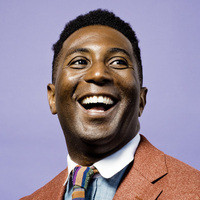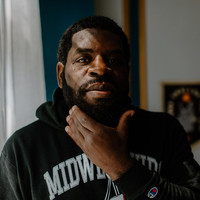“Leadership Belongs to Those Who Take It”
The Facebook COO on her generation’s failures and the continuing gender gap in American business and politics.
Today, we turn to you. You are the promise for a more equal world. You are our hope. I truly believe that only when we get real equality in our governments, in our businesses, in our companies and our universities, will we start to solve this generation’s central moral problem, which is gender equality.


















